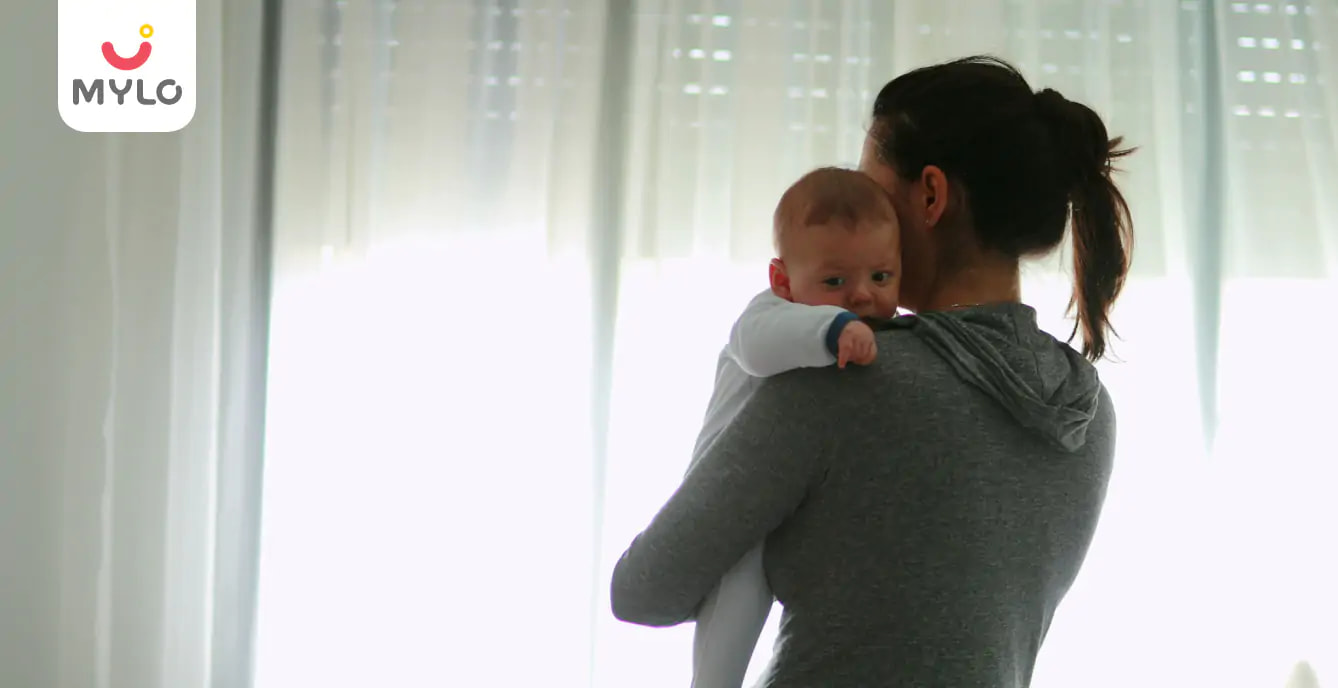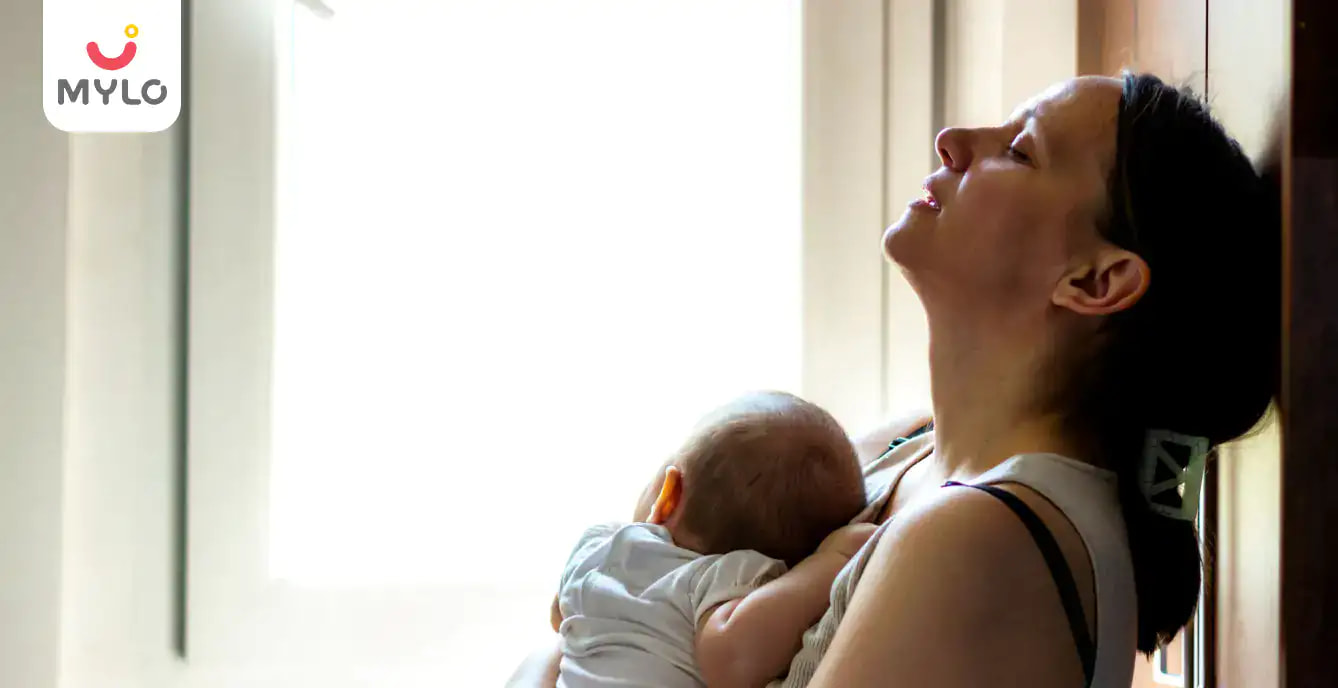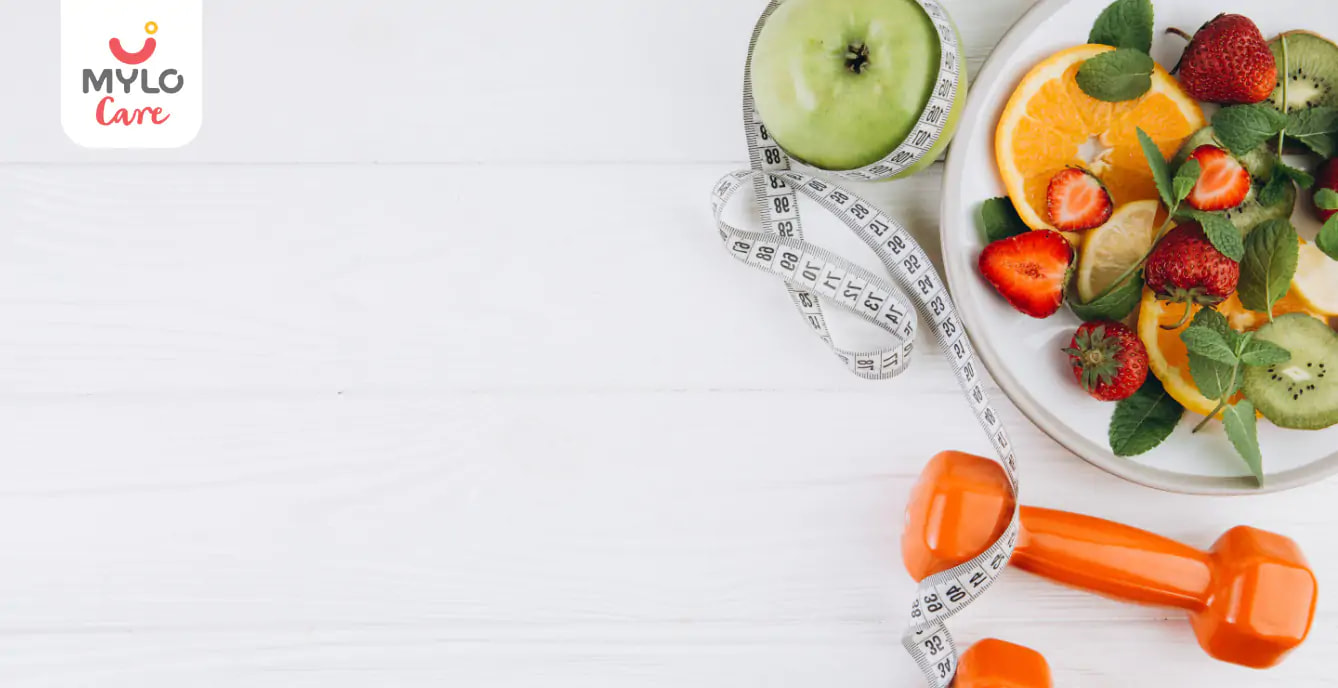Home

Postnatal Care

How to Stop Postpartum Bleeding Faster?
In this Article
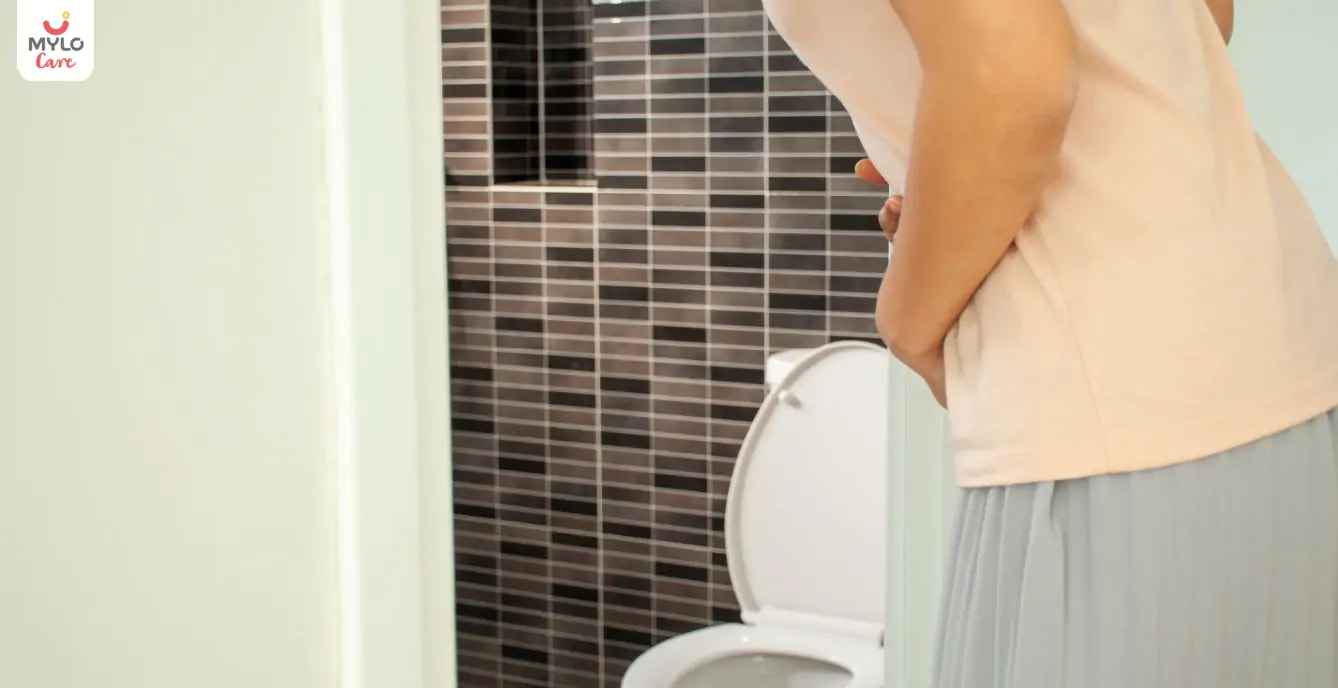
Postnatal Care
How to Stop Postpartum Bleeding Faster?
Updated on 2 May 2024
Introduction
All new mums face a plethora of emotions when the baby comes out. As a new mom to a sweet little baby, you deserve to heal from your delivery episode and feel your best. But remember, the postpartum phase comes with certain untapped and unexpected experiences, including painful postpartum bleeding. Trust us, each and every woman experience postpartum bleeding. For some, it lasts for multiple months while for others it lasts for a few days. Many new moms have to pass through this bleeding for a prolonged period which is why they look for remedies on ‘how to stop postpartum bleeding faster?’.
If you're wondering how to stop postpartum bleeding faster naturally, don’t worry, we've got you covered. The main purpose of writing this article is to throw light on safe treatments and remedies that you can try, to stop postpartum bleeding faster. We understand that when your health is in check, you can bond with your newborn better and enjoy this precious phase of your life.
What is postpartum bleeding?
Postpartum bleeding, also known as lochia, is a common situation that new mothers face after delivering the baby. It is the body’s way to shed the uterine wall and other waste from the body. The discharge consists of mucus, cells, blood, and remaining placenta tissues from the womb after childbirth. This process lasts longer than a menstrual cycle. You might even experience bleeding 6 weeks postpartum.
You may also like: What Are The Causes and Types of Postpartum Hemorrhage?
What are the stages of postpartum bleeding?
Regardless of the nature of delivery, you will still experience postpartum bleeding that comes in stages. Let’s us understand the stages of postpartum bleeding here-
-
Lochia rubra- This is the first stage where blood and shreds of fetal membranes come out. The liquid is dark or bright red and looks like a heavy period flow. You can expect mild cramping and small clots during this stage which lasts for three to four days.
-
Lochia serosa- During this stage, the blood becomes a little thin and is brown in shade. This blood contains micro-organisms, cervical mucus, and red blood cells. This stage lasts for four to twelve days, where the blood flow is moderate with no clots.
-
Lochia alba- Under this stage, the blood becomes creamy yellow and contains fewer red blood cells and more white blood cells. This stage lasts from two to six weeks after delivery.
By now, you must be clear about the stages of postpartum bleeding. Another fact that you should be aware of is that due to breastfeeding the blood flow can be heavier and redder. This is because of the rush of hormones in the body, so don’t panic if you experience any such thing.
You may also like: Postpartum Complications: Everything You Need to Know
How long does the postpartum bleeding last?
If you are wondering, how long does the postpartum bleeding last, then the answer to this is that it can vary from woman to woman. It can typically last about six weeks. There are a few examples where women experience mild spotting even up to eight weeks.
You may also like: Postnatal Ayurvedic Care for New Mothers
How to stop postpartum bleeding faster?
It is very natural for you to feel uncomfortable during postpartum bleeding. But it is very important to manage it well, otherwise you might catch infections. Here are a few tips that can help you manage postpartum bleeding.
-
Go for maternity pads- Since you can experience heavy bleeding 6 weeks postpartum, it is suggested to go for maternity pads instead of regular ones because they are not enough to absorb heavy flow. Maternity pads are thicker and have more absorbing capacity than normal ones.
-
Keep changing your pads after regular intervals- To avoid infections and leakages, it is better to change your pads after every three to four hours. Once the flow becomes lighter, you can then shift to regular pads or tampons.
-
Postpartum bleeding medication- You can check with your healthcare provider regarding the postpartum bleeding medication that is safe for you to consume. This will help you with your bleeding and promote uterine contractions.
-
Maternity wipes- It is very important to maintain proper intimate area hygiene. To keep your intimate area clean, use maternity wipes and always remember to carry them with you. You can even keep these wipes in your maternity hospital bag.
These tips can help you with your postpartum bleeding and will also help you prevent yourself from any kind of infection.
You may also like: What Are The Causes and Types of Postpartum Hemorrhage?
How to stop postpartum bleeding faster naturally?
Many women look for ways ‘how to stop postpartum bleeding faster naturally’ because they don’t want to interfere with nature’s way of healing the body. Here are some tips that can answer your query well-
-
Rest well- You have just delivered a baby which means your body is going through a lot. So, give your body some time to heal and recover. Take ample rest and sleep properly. Don’t lift anything heavy or put unnecessary stress on your body. Self-care should be at the top of your list.
-
Exercise- Make gentle exercising a part of your routine. Check with your doctor about what exercises you can do and when you can start your exercises. If your postpartum bleeding after 6 weeks of delivery hasn’t stopped, a small amount of pelvic floor exercise, slow walking, and postpartum-specific exercises can help you through.
-
Take care of your diet- Eat a well-balanced diet that is rich in nutrients. This will help your body’s healing process and will also manage postpartum bleeding. You can take iron-rich food like lean meats, green leafy vegetables, and legumes. Also, keep a check on your water intake because you need to keep your body hydrated.
-
Massage the abdomen- If you are concerned about how to stop postpartum bleeding faster naturally, one of the best ways is to gently massage your abdomen. This can help in controlling postpartum bleeding by helping uterine muscles to contract.
-
Wear compression belt or garments- If postpartum bleeding after 6 weeks hasn’t stopped, you can try wearing compression garments, like a compression belt, underwear, or abdominal binder. This offers support to your abdominal muscles and uterus. This further helps in reducing swelling and promotes healing. Go for a well-fitted yet comfortable compression garment for the best results.
-
Breastfeeding- When mothers are breastfeeding a hormone named oxytocin is released due to which the uterus contracts and it reduces bleeding.
-
Urinate frequently- When your bladder is full, it adds pressure on your uterus, making it soft. This can also increase bleeding. So, urinate frequently.
Postpartum Bleeding Stopped and Started Again- Why?
If you notice that your postpartum bleeding stopped and started again, it can be due to various reasons like excessive physical activity, retained placental tissue, or may be due to certain hormonal changes. Sometimes, increased physical activity can interfere with the body’s healing process and might lead to temporary bleeding. Even hormonal changes during breastfeeding can also give rise to intermittent bleeding. If bleeding continues or is heavy, check with your healthcare provider about why postpartum bleeding stopped and started again, and what treatment can you start to control it.
You may also like: What is postpartum hemorrhage?
FAQs
1. Is it safe to take postpartum bleeding medication if I’m breastfeeding?
Yes, it is safe to take medication to control postpartum bleeding but don’t take any medicine without consulting your doctor.
2. Bleeding 6 weeks postpartum, is it normal?
Yes, it is normal to bleed even after 6 weeks of postpartum. Every woman’s body is different, so give your body time to heal and recover naturally.
3. Bleeding 8 weeks postpartum while breastfeeding, what should I do?
Bleeding 8 weeks postpartum while breastfeeding might be a sign of a concern or complication. So, it is better to get your body assessed by your doctor and start the necessary treatment immediately.
The Bottomline
In a nutshell, it can be concluded that it is very important to manage postpartum bleeding to avoid any discomfort. By now, you have a fair idea of how to stop postpartum bleeding faster. Experts say that you shouldn’t start using tampons in the week after delivery. It is true that nobody can prepare you for the postpartum journey fully, but a little knowledge can prepare you for life after giving birth to your newborn. Mostly, bleeding 8 weeks postpartum (while breastfeeding) stops naturally without causing any problems but if it hasn’t you should check with your doctor. In case you observe any signs of infections or foul smell in your discharge, check with your doctor immediately. Try to get plenty of rest during those 40 days and stock up on sanitary pads during this time.
Tags
How to Stop Postpartum Bleeding Faster in Bengali, How to Stop Postpartum Bleeding Faster in Tamil, How to Stop Postpartum Bleeding Faster in Telugu



Written by
Kavita Uprety
Get baby's diet chart, and growth tips

Related Articles
Related Questions
Hello frnds..still no pain...doctor said head fix nhi hua hai..bt vagina me pain hai aur back pain bhi... anyone having same issues??

Kon kon c chije aisi hai jo pregnancy mei gas acidity jalan karti hain... Koi btayega plz bcz mujhe aksar khane ke baad hi samagh aata hai ki is chij se gas acidity jalan ho gyi hai. Please share your knowledge

I am 13 week pregnancy. Anyone having Storione-xt tablet. It better to have morning or night ???

Hlo to be moms....i hv a query...in my 9.5 wk i feel body joint pain like in ankle, knee, wrist, shoulder, toes....pain intensity is high...i cnt sleep....what should i do pls help....cn i cosult my doc.

Influenza and boostrix injection kisiko laga hai kya 8 month pregnancy me and q lagta hai ye plz reply me

Related Topics
RECENTLY PUBLISHED ARTICLES
our most recent articles

Things to avoid in early pregnancy to avoid miscarriage
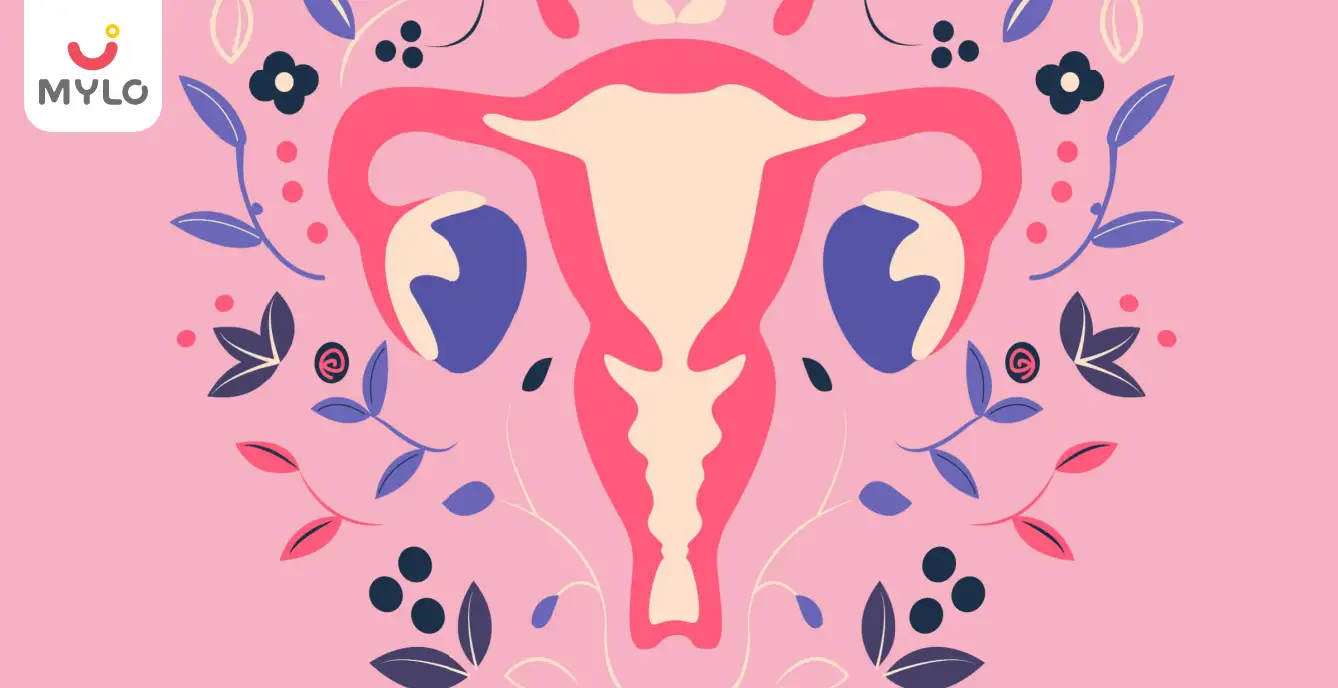
Women Specific Issues
Fat Vagina: Average Size, Types, Causes & More
Toddler
Most common animals that start with n for little children

Toddler
Animal Sounds Library for Making Young Children Learn
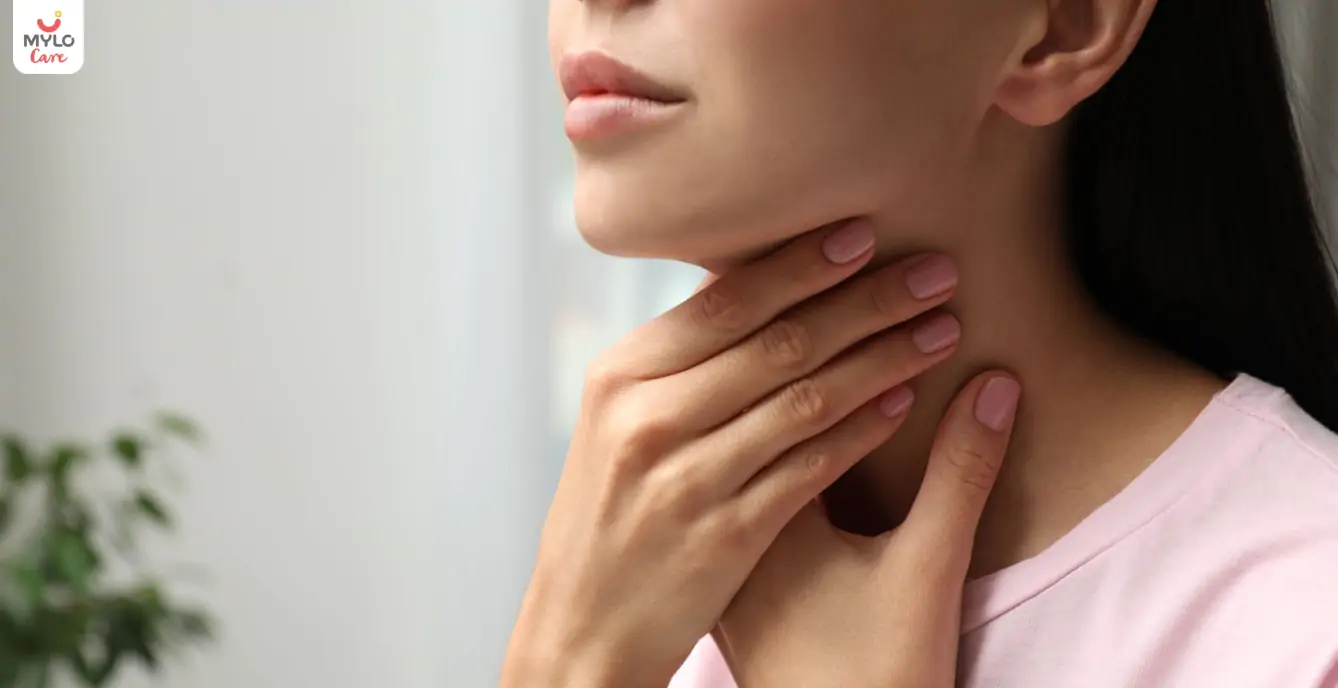
Medical Procedures
Thyroid Cancer | Symptoms and Causes in Females
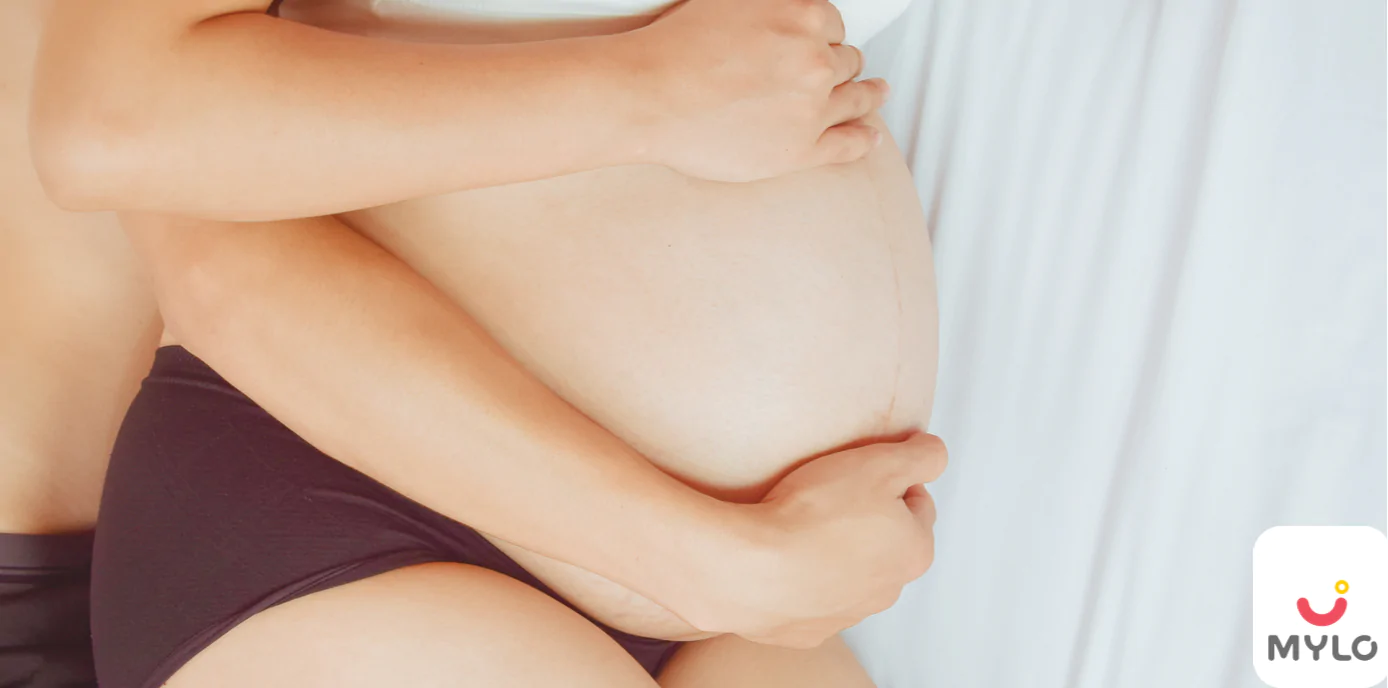
Sex Life
Is It Safe to Indulge in Sexual Activity During the Third Trimester and What Can Be the Consequences of It?
- 100 Simple Words That Start With 'I' to Build Your Child's Vocabulary at an Early Age
- 100 Simple Words That Start With 'I' to Build Your Child's Vocabulary at an Early Age
- Banana in Pregnancy: When to Eat and When & Why to Avoid
- Farting and Smelly Gas During Pregnancy: Is It Normal?
- Why Steel Feeding Bottles Are the Ultimate Choice for Parents?
- Postpartum Gas: Causes And Remedies
- Baby Diet Chart From Birth to 1 Year
- A Guide on How to Increase hCG Levels in Early Pregnancy
- Late Heartbeat in Pregnancy: What Could Be the Possible Reasons?
- What Is Postpartum Bleeding or Lochia?
- IUI Babies vs Normal Babies: Are They Any Different?
- Is it Safe to Eat Pani Puri During Pregnancy?
- High WBC in Pregnancy (Leukocytes): Symptoms, Causes & Treatment
- Top 10 food items and beverages that one must completely avoid during pregnancy.


AWARDS AND RECOGNITION

Mylo wins Forbes D2C Disruptor award

Mylo wins The Economic Times Promising Brands 2022
AS SEEN IN
















- Mylo Care: Effective and science-backed personal care and wellness solutions for a joyful you.
- Mylo Baby: Science-backed, gentle and effective personal care & hygiene range for your little one.
- Mylo Community: Trusted and empathetic community of 10mn+ parents and experts.
Product Categories
baby carrier | baby soap | baby wipes | stretch marks cream | baby cream | baby shampoo | baby massage oil | baby hair oil | stretch marks oil | baby body wash | baby powder | baby lotion | diaper rash cream | newborn diapers | teether | baby kajal | baby diapers | cloth diapers |



